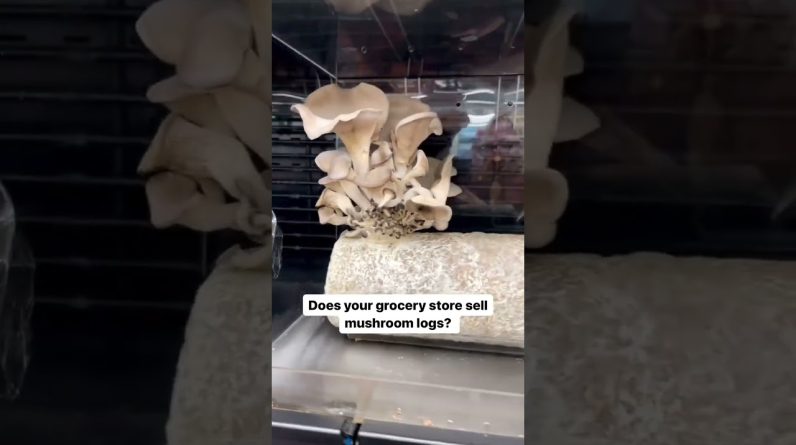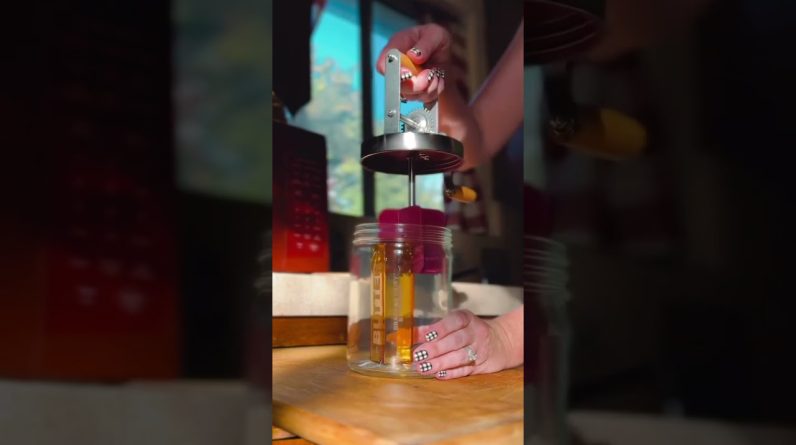The Republican gubernatorial nominee in Minnesota says he thinks the state should consider decriminalizing “trivial amounts” of marijuana and expunging prior records, and he wants broader cannabis legalization to be decided by voters at the ballot.
Scott Jensen, a former GOP state senator who previously sponsored a bipartisan legalization bill, was asked about his cannabis policy positions during an interview with The Star Tribune last week. He also said that the state’s current law that allows THC-infused edibles in a loosely regulated manner should be evaluated after six months.
But perhaps most notable was Jensen’s remarks on adult-use legalization. The Democratic incumbent, Gov. Tim Walz (D), has pushed for legalizing marijuana in a regulated market, including funding for implementation in his budget proposal this year, for example.
But the despite a comprehensive reform bill from House Majority Leader Ryan Winkler (D) advancing through 12 committees before passing on the House floor last year, legalization stalled in the GOP-controlled Senate and was not ultimately enacted. The earlier bipartisan legalization proposal led by Jensen and Sen. Melisa López Franzen (D) in 2019 also did not advance.
—
Marijuana Moment is tracking more than 1,500 cannabis, psychedelics and drug policy bills in state legislatures and Congress this year. Patreon supporters pledging at least $25/month get access to our interactive maps, charts and hearing calendar so they don’t miss any developments.
![]()
Learn more about our marijuana bill tracker and become a supporter on Patreon to get access.
—
Now, Jensen is saying that the issue should be decided by voters as a constitutional amendment.
“If we can have a discussion and then put it on the ballot as an amendment, I think that makes a lot of sense,” the candidate said, according to The Star Tribune’s Morning Hot Dish newsletter.
It wasn’t streamed, unfortunately. But I recapped his comments on marijuana and edibles in our morning newsletter. pic.twitter.com/euozvPGM3V
— Ryan Faircloth (@RyanFaircloth) September 2, 2022
Back in June, Walz signed a large-scale bill into law that included provisions to provide permanent protections allowing state hemp businesses to legally market certain cannabis products—including foods and beverages infused with CBD and other cannabinoids.
The law makes it so that all hemp-derived cannabinoids including CBD can be legally sold in food items, beverages, topicals and more—as long as the products contain less than the federal limit of 0.3 percent THC. Edible and beverage products must be limited to a total of 5 mg THC per serving and 50 mg per package.
The THC limit applies to all forms of the psychoactive compounds, including the most widely known compound delta-9 THC, as well as other increasingly popular derivatives like delta-8 that exist in an especially grey regulatory area in many state markets.
In the new interview, Jensen declined to say whether he would work to revise the unique cannabis policy, stating that officials should assess the efficacy of the program after six months to see if changes should be made.
“I think we have a little bit of mud on the wall and we’re going to have to sort it out and see what sticks,” he said.
On his campaign site, Jensen voices support for improving the state’s medical cannabis program and expunging prior marijuana possession records.
“Individuals with past criminal convictions can face difficulty acquiring and maintaining employment, attending college, and engaging in other activities. In some cases, this hardship can lead to other crime and recidivism,” the site says. “Dr. Jensen believes it is time to end the cycle and expunge these minor infractions that cause greater harm than good.”
In 2019, he also called for federally rescheduling cannabis to make it easier to research the plant.
The current status in Minnesota regarding the medical marijuana program and keeping marijuana on schedule one is a contradiction. it makes no sense-marijuana should be moved to schedule 2 similar to OxyContin, etc so we can study it and learn more https://t.co/R899juK6QY
— Scott Jensen (@drscottjensen) October 17, 2019
But while Jensen said in the recent interview that legalization should be decided by voters at the ballot, he did sponsor a bill in 2019 that would have created an adult-use cannabis market in Minnesota through an act of lawmakers.
The proposed legislation would have allowed adults 21 and older to possess, grow and purchase cannabis from licensed retailers, with regulators also being charged with approving testing and cultivation businesses.
The bill would have also created a pathway for expungements for past marijuana-related convictions and invest tax revenue from cannabis sales into communities that have been disproportionately impacted by the war on drugs.
Back in January, Winkler and López Franzen discussed their plans to advance the cannabis reform this session.
Winkler said at the time that his bill was the “product of hundreds of hours of work involving thousands of people’s input, countless hearings and public listening sessions.”
Separately, certain Democrats including staff for Winkler have found themselves caught up in a controversy over an alleged (and ultimately unsuccessful) attempt to change the name of a third party focused on marijuana that some have seen as undercutting Democratic support on the ballot in past cycles to one instead meant to appeal to far-right conservatives in an apparent attempt to siphon votes away from Republicans in the upcoming election.
Previously, in 2019, the governor directed state agencies to prepare to implement reform in anticipation of legalization eventually passing.
While legalization wasn’t ultimately enacted following the House’s passage of the bill last year, the governor did sign a bill to expand the state’s medical marijuana program, in part by allowing patients to access smokable cannabis products.
A poll conducted by Minnesota lawmakers that was released last year found that 58 percent of residents are in favor of legalization. That’s a modest increase compared to the chamber’s 2019 survey, which showed 56 percent support.
The House majority leader said in 2020 that if Senate Republicans don’t go along with the policy change legislatively, he hopes they will at least let voters decide on cannabis as a 2022 ballot measure, but that didn’t materialize.
Meanwhile, marijuana policy has also recently come to the fore in gubernatorial races in South Carolina, South Dakota and Pennsylvania.
California Governor Signs Bill Protecting Medical Cannabis Patients From Healthcare Discrimination
Photo courtesy of Mike Latimer.
The post Minnesota Voters Should Decide On Marijuana Legalization At The Ballot, Republican Nominee For Governor Says appeared first on Marijuana Moment.





